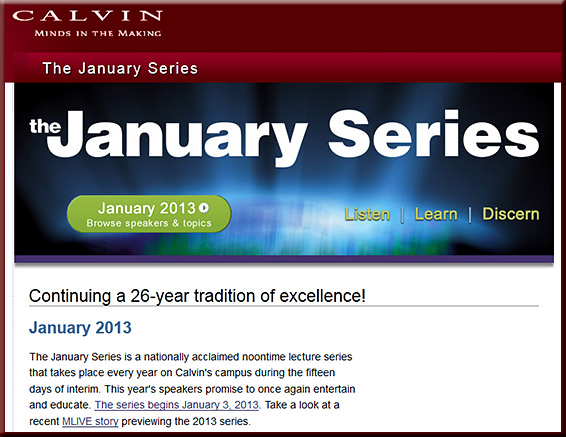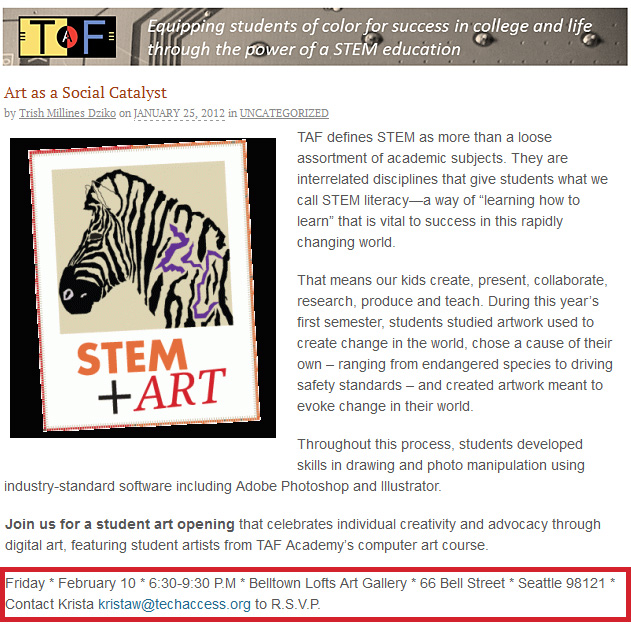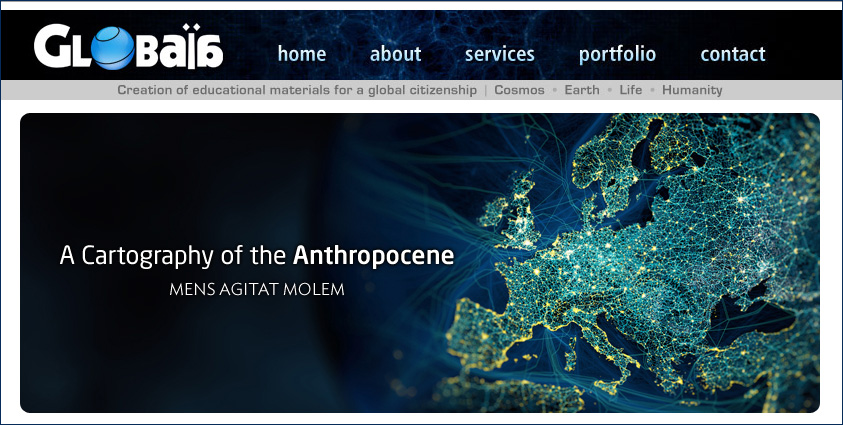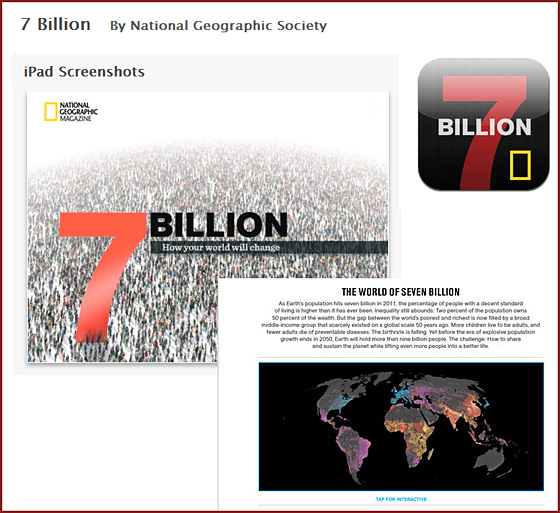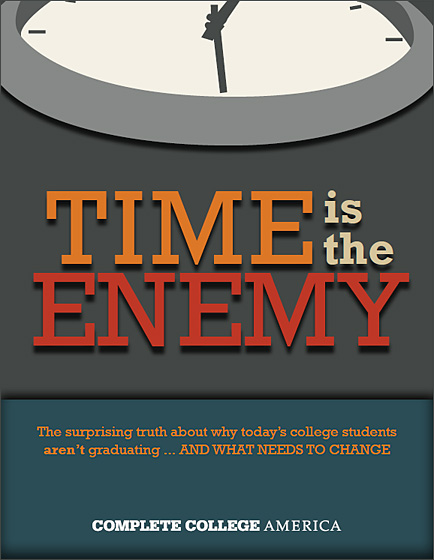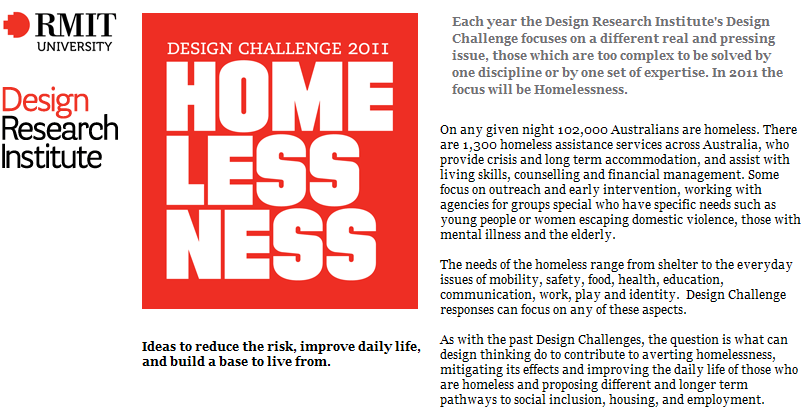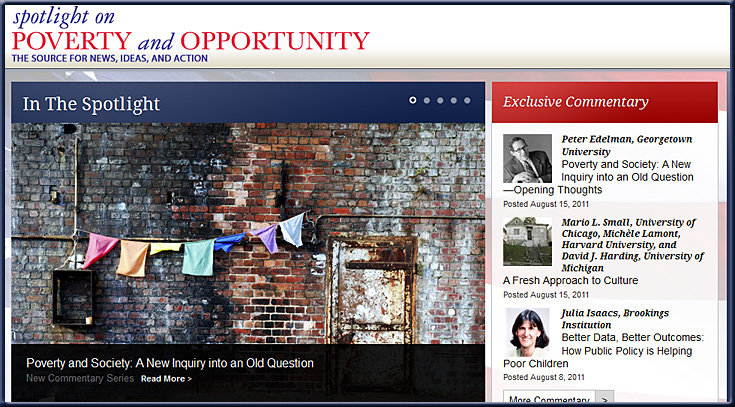Calvin College: The January Series
Presentations begin 12:30 p.m. EST (11:30 a.m. CST, 10:30 a.m. MST, 9:30 a.m. PST)
NOTE: Due to contractual restrictions, a few of these presentations will not be recorded or archived.
More details here, but a listing of the speakers/topics include:
Thursday, January 3
Jeremy Courtney – “Restoring Hearts in Iraq”
Friday, January 4
Sheryl WuDunn – “Half the Sky: Turning Oppression into Opportunity for Women Worldwide”
Monday, January 7
Roberta Green Ahmanson – “Dreams Become Reality: Inspiration through the Arts”
Tuesday, January 8
Jenny Yang – “Welcoming the Stranger: Justice, Compassion and Truth in the Immigration Debate”
Wednesday, January 9
Richard J. Mouw & Robert Millet – “Evangelicals and Mormons: A Conversation and Dialogue”
Thursday, January 10
Peter Diamandis – “Abundance: The Future is Better Than You Think”
Friday, January 11
Captain Scotty Smiley – “Hope Unseen”
Monday, January 14
Jeff Van Duzer – “Why Business Matters to God”
Tuesday, January 15
Rebecca Skloot – “The Immortal Life of Henrietta Lacks”
Wednesday, January 16
Cokie Roberts – “An Insider’s View of Washington DC”
Thursday, January 17
W. Dwight Armstrong – “Feeding the World and the Future of Farming”
Friday, January 18
Garth Pauley – “Rituals of Democracy: Inaugural Addresses in American History”
Monday, January 21
Robert Robinson – “Celebration through Gospel Music” in honor of Dr. Martin Luther King, Jr. Day
Tuesday, January 22
Mike Kim – “North Korea-China: A Modern Day Underground Railroad”
Wednesday, January 23
Chap Clark – “Sticky Faith”in partnership with the Calvin Institute of Christian Worship









